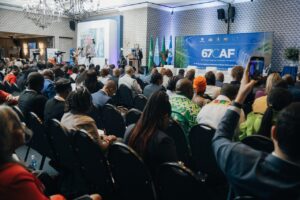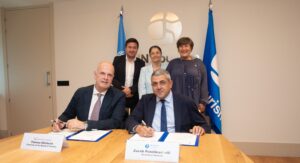Flooding, security risks, perceptions…tourism is more exposed than other economic segments to crises. However its resilience and the opportunities that it brings, positions the sector as a key driver of development processes. To debate how to enhance preparedness and response to confront crises of different nature, public and private Tourism stakeholders from Niger, Burkina Faso, Senegal and Mali have convened in two training workshops conducted during 10 consecutive days in Ouagadougou and Bamako, respectively. The initiative is funded by the Standing Committee for Economic and Commercial Cooperation of the Organization of the Islamic Cooperation (COMCEC).
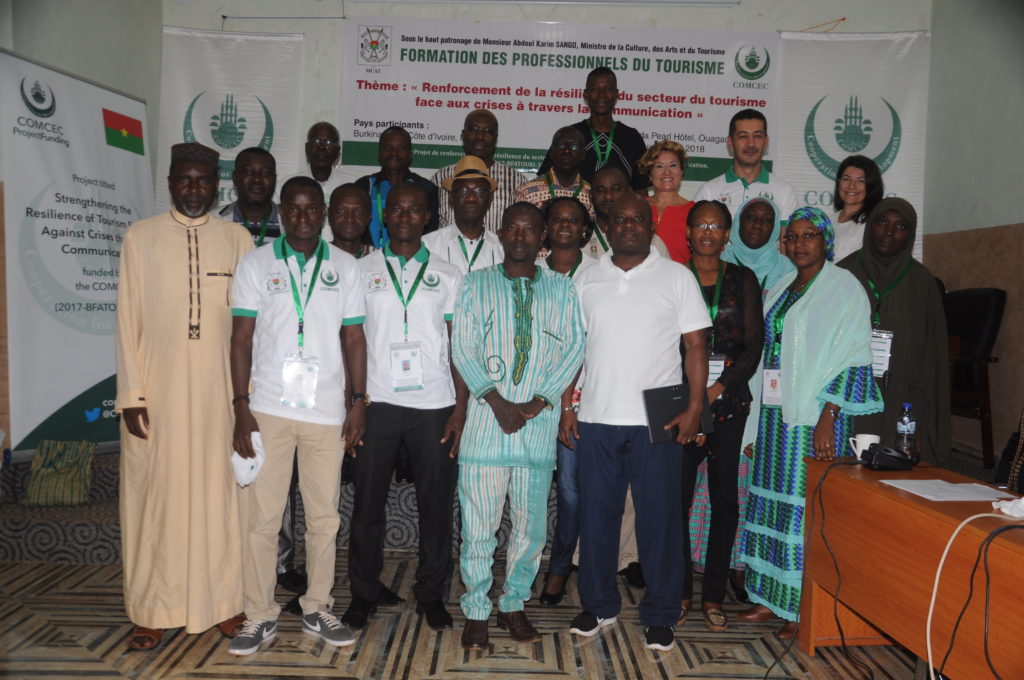
Tourism in Sub-Saharan Africa is growing at 8% and this trend will follow positive signs in the years to come. However, there are many challenges that impede the sector to further develop. Crises of different nature such as pandemics, security risks and political instability constitute a serious menace to the perception of the continent as a major tourism destination. In order to acquire skills in crisis management as well as in crisis communications, stakeholders from national tourism administrations and the private sector from Niger, Burkina Faso, Senegal and Mali, have convened in both Ouagadougou and Bamako at two training workshops held during one week respectively.

“At present there is not a single destination in the world that can be free of crises. Therefore, crisis management integrated into destination development, planning and marketing is crucial in order to stay in the international tourism map,” said Gürhan Aktas, Associate Professor at the Department of Tourism Management at Dokuz Eylul University in Turkey.
When and how to start crisis communications, how to build a Crisis Communications Strategy and what type of indicators may help to evaluate the efficiency of the Strategy have been some of the topics explored in this regional initiative that was introduced respectively by the Minister of Arts, Culture and Tourism of Burkina, Mr. Abdoul Karim Sango and the Ministry of Tourism of Mali, Mr.
“Crisis Communications may not avoid the arrival of a crisis but it can certainly help to manage it in a more transparent, coordinated and efficient manner, providing tools to accelerate the recovery process. Coordination at the different stages of the crisis, clarification of roles within the Crisis Communications team and building partnerships with the media definitely enhance the efficacy of the response to the crisis,” commented Rut Gomez Sobrino, facilitator of the training.
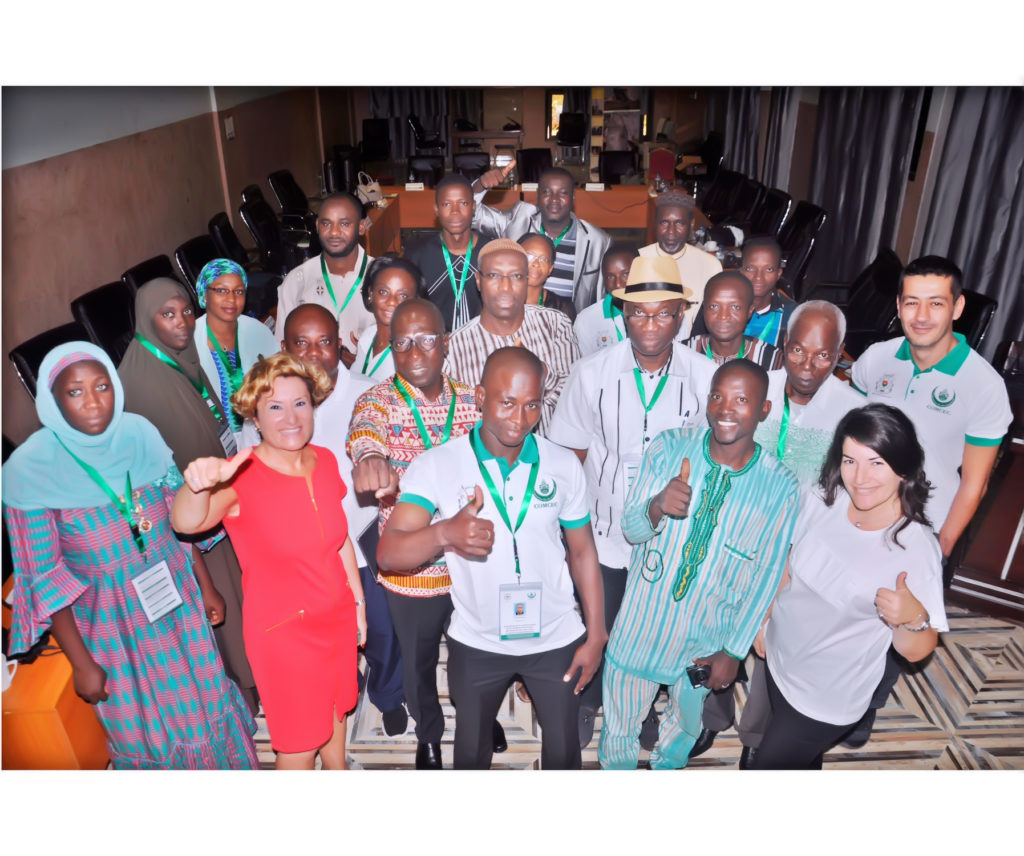
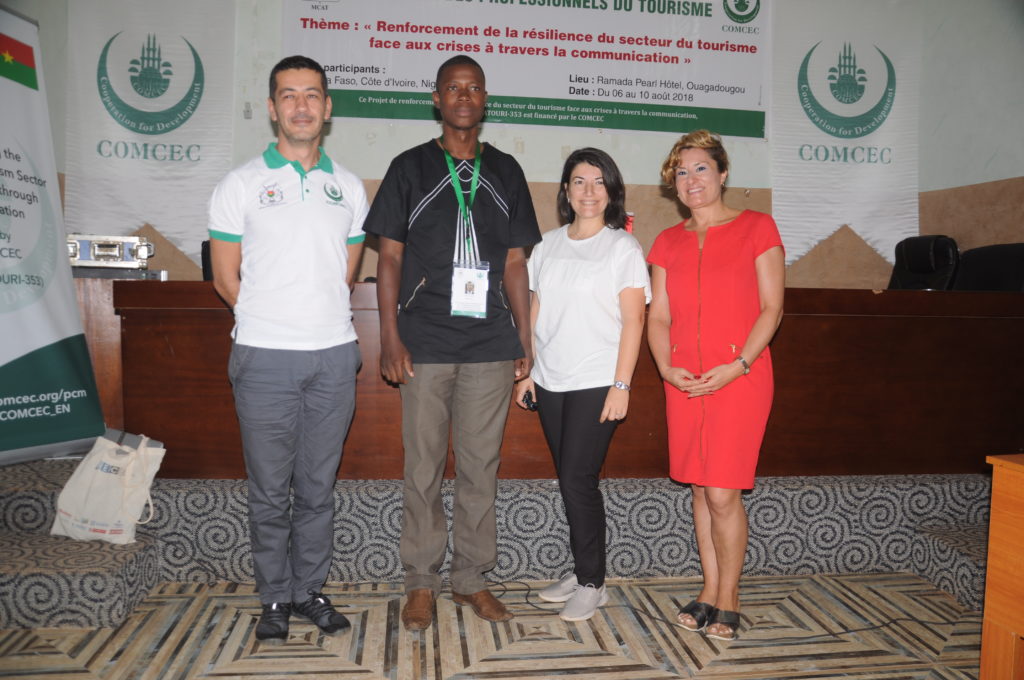
Improving media relations, developing social media packages and campaigns but also basics on public statements and press conferences were part of the training program. The relevance of the initiative is precisely based on the fact that a majority of the participant countries are also among the most affected nations by recurrent crises and therefore capacity building appears as one of the angles to enhance resilience.
“Developing nations are much more sensitive to crises so initiatives of this type are much more needed in these contexts. South-South and triangular cooperation models, like this COMCEC-funded initiative supported national administrations, are key for the development of tourism in the region,“ highlighted Ebru Gunlu, Professor at the Department of Tourism Management at Dokuz Eylul University in Turkey and lecturer in the training program



